Tips for Maintaining a Clean Bird Cage
Updated on 04/26/24
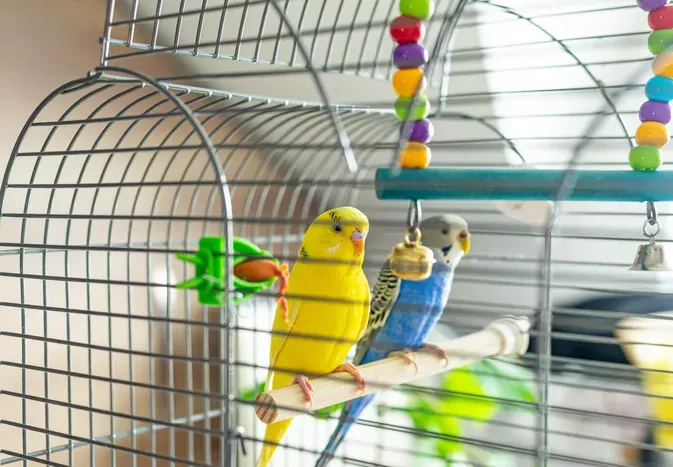
Unveiling the Secrets of Bird Cage Hygiene: A Comprehensive Guide to Pristine Aviaries
In the symphony of pet ownership, nurturing the well-being of our feathered companions holds paramount importance. Ensuring their cages are immaculate not only enhances their comfort but also safeguards their health and longevity. Embark on this comprehensive journey as we delve into the art of impeccable bird cage maintenance, transforming your avian abode into a haven of hygiene.
Laying the Foundation: Essential Daily Rituals
1. Morning Sanitation: Begin each day by whisking away any droppings, uneaten food, or soiled bedding from the cage floor. This daily ritual prevents the accumulation of harmful bacteria and unpleasant odors.
2. Waste Bowl Hygiene: Empty and thoroughly rinse the dedicated waste bowl daily with hot, soapy water. This simple step minimizes the risk of fecal contamination and promotes a sanitary environment.
3. Perch Inspection: Check perches for any signs of wear or buildup. Clean or replace them as needed to ensure your bird's comfort and safety.
Weekly Deep-Cleaning Rituals: Restoring Pristine Conditions
1. Cage Disassembly: Disassemble the cage into its component parts to facilitate thorough cleaning.
2. Cage Surface Disinfection: Use a diluted bleach solution or a commercial bird cage cleaner to disinfect all cage surfaces, including bars, grids, and trays. Allow the cleaner to sit for the recommended time to effectively eliminate pathogens.
3. Thorough Rinsing: Rinse all components thoroughly with clean water to remove any residual cleaner or debris.
4. Air Drying: Allow the cage to air dry completely before reassembling it. This prevents the growth of mold and ensures the cage is safe for your bird.
5. Toy Sanitizing: Remove and sanitize toys with a bird-safe disinfectant. Consider replacing toys that are damaged or difficult to clean.
Monthly Refreshment: Rejuvenating Your Bird's Home
1. Cage Scrubbing: Use a soft brush to scrub the cage thoroughly, removing any stubborn dirt or grime that may have accumulated.
2. Floor Lining Replacement: Replace the cage floor lining with fresh, absorbent material such as newspaper, paper towels, or cage liners.
3. Water Bottle Maintenance: Empty, rinse, and refill the water bottle with fresh water. Consider using a water bottle brush to clean the interior periodically.
4. Perch Refinishing: Smooth out any rough edges on perches using sandpaper or a fine-grit file. This prevents injuries to your bird's feet.
Additional Tips for Impeccable Hygiene
1. Regular Vacuuming: Regularly vacuum around the bird cage to remove dust and debris. This helps minimize airborne allergens and enhances the overall cleanliness of your home.
2. Designated Cleaning Area: Establish a specific area for cleaning your bird's cage to prevent contamination of other household surfaces.
3. Gloves and Mask: Wear gloves and a mask when performing deep-cleaning tasks to protect yourself from dust, bacteria, and allergens.
4. Quarantine New Birds: If you introduce a new bird to your home, quarantine them in a separate cage for at least 30 days to monitor for any signs of illness. This helps prevent the spread of pathogens to your existing birds.
5. Regular Veterinary Checkups: Schedule regular veterinary checkups for your birds to ensure their overall health and well-being, including assessments of their cage environment.
By embracing these meticulous cleaning practices, you can transform your bird cage into an oasis of cleanliness and comfort. Your feathered friend will thrive in such a pristine environment, rewarding you with years of companionship and joy. Remember, a clean cage is a reflection of your love and care for your cherished avian companion.
Explore More Pets
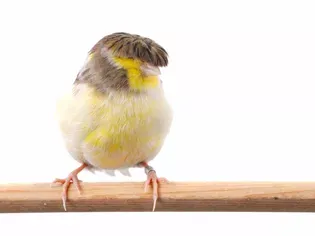
Small Bird Breeds
Gloster Canary: Bird Species Profile
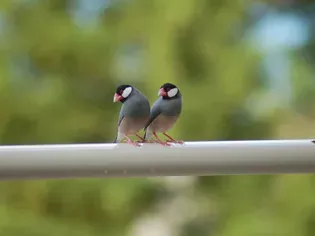
Small Bird Breeds
Java Finch: Bird Species Profile
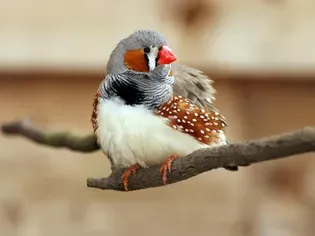
Small Bird Breeds
Zebra Finch (Chestnut-Eared Finch): Bird Species Profile
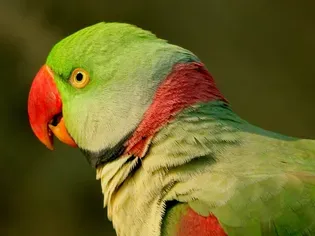
Small Bird Breeds
Alexandrine Parakeet: Species Characteristics & Care
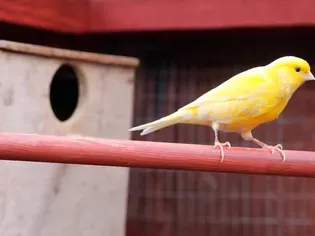
Small Bird Breeds
Canary: Bird Species Profile
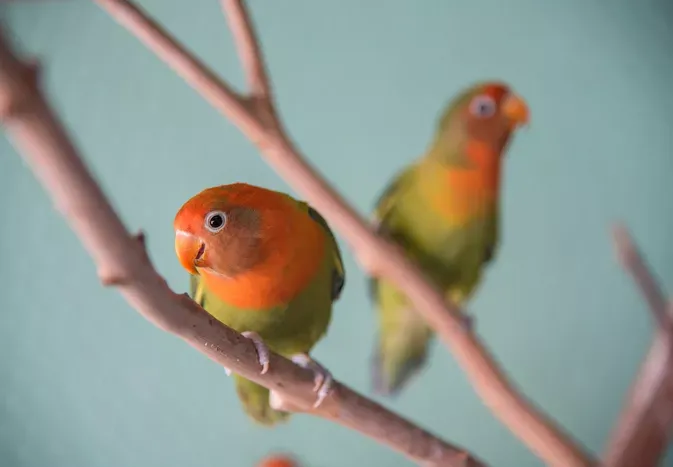
Small Bird Breeds
Lovebird (Pocket Parrot) Species Profile
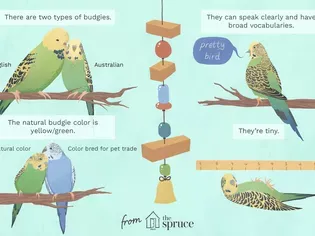
Small Bird Breeds
A Guide to Pet Budgie Birds
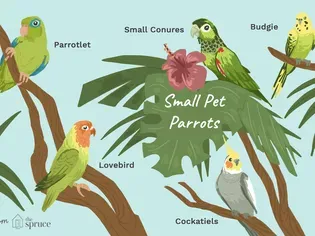
Small Bird Breeds
Types of Small Parrots